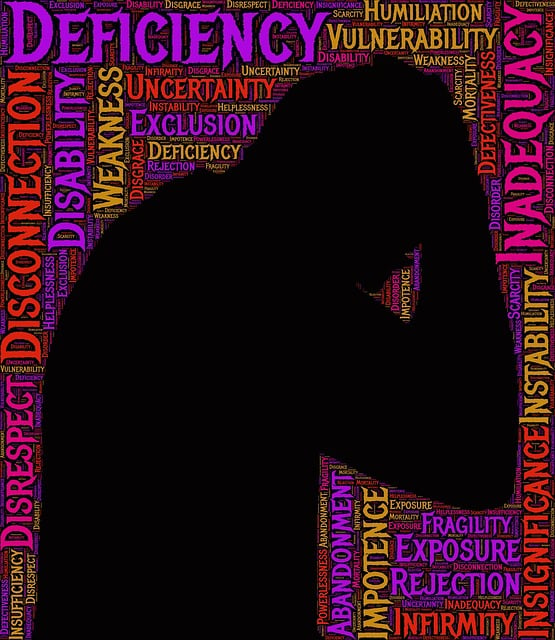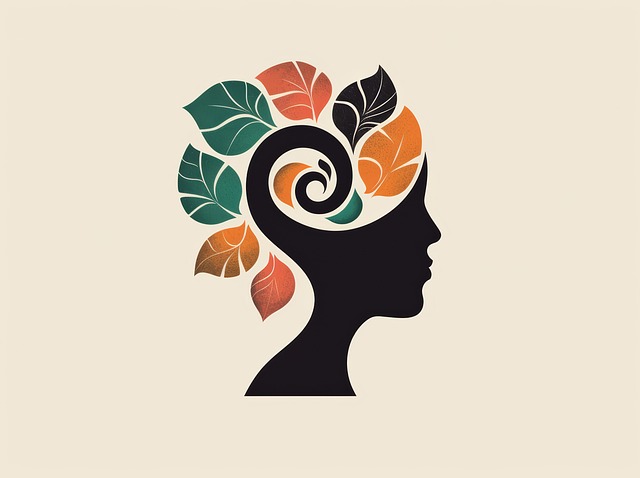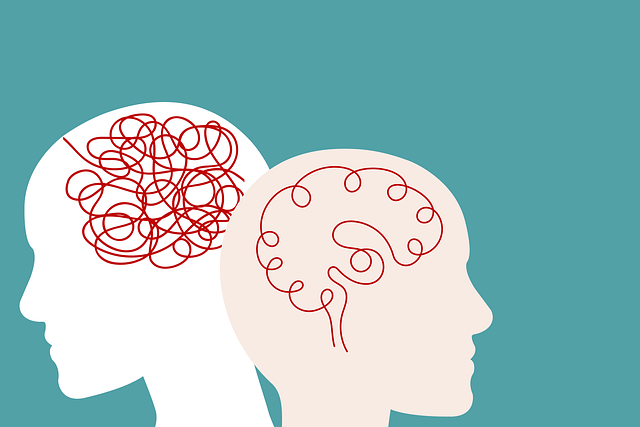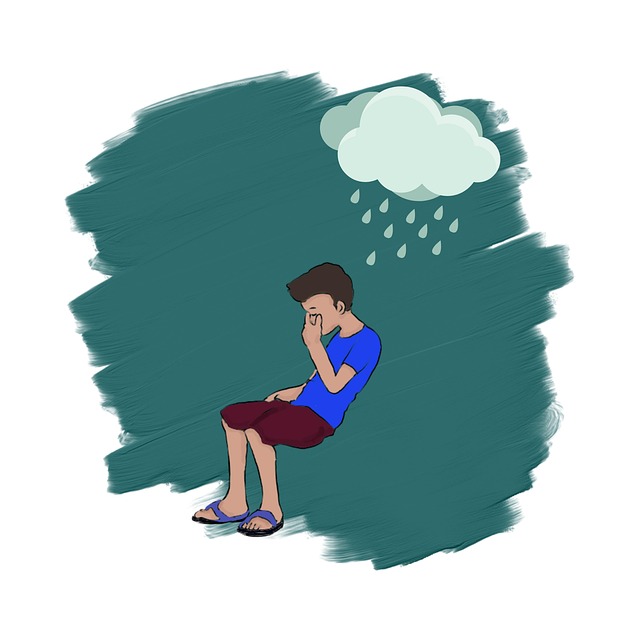Lone Tree Phobias Therapy offers specialized treatment for individuals struggling with fear of solitary trees, using CBT, exposure therapy, and mindfulness to manage and overcome their phobia. This tailored approach is crucial for accurate mental health diagnoses, distinguishing between similar conditions. Advanced assessment tools, continuous professional education, and patient-centric strategies enhance diagnostic clarity, enabling personalized care plans like risk management planning. By integrating techniques like mindfulness and conflict resolution, therapists empower patients with improved coping mechanisms and better mental well-being outcomes.
Mental illness diagnosis accuracy is a critical aspect of patient care, yet challenges remain. This article delves into current gaps in understanding mental health conditions, exploring specialized therapies that enhance diagnostic precision. We discuss advanced assessment tools and the pivotal role of training and education for professionals. Additionally, patient-centric approaches are highlighted to improve diagnosis verification, focusing on strategies like Lone Tree Phobias Therapy. By addressing these efforts, we strive to optimize diagnostic outcomes and elevate mental health support.
- Understanding Mental Illness Diagnoses: Current Challenges and Gaps
- The Role of Specialized Therapies in Enhancing Diagnosis Accuracy
- Incorporating Advanced Assessment Tools for Better Diagnostic Outcomes
- Training and Education: Equipping Professionals for Accurate Diagnoses
- Patient-Centric Approaches to Improve Diagnosis Verification and Support
Understanding Mental Illness Diagnoses: Current Challenges and Gaps

The Role of Specialized Therapies in Enhancing Diagnosis Accuracy

Specialized therapies play a pivotal role in enhancing the accuracy of mental illness diagnoses. Treatments such as Lone Tree Phobias Therapy focus on addressing specific fears and anxieties, providing patients with tailored interventions that can offer significant improvements in diagnostic clarity. By delving into the unique psychological aspects of each individual’s condition, these specialized approaches enable therapists to make more precise evaluations, distinguishing between similar symptoms and ensuring an accurate diagnosis.
Furthermore, therapies like Lone Tree Phobias Therapy often incorporate trauma support services, which are essential for many mental health conditions. Public awareness campaigns development and increased emotional regulation techniques can also contribute to improved diagnosis accuracy. These comprehensive strategies not only enhance the patient’s well-being but also foster a more nuanced understanding of mental illness, ultimately benefiting the overall diagnostic process.
Incorporating Advanced Assessment Tools for Better Diagnostic Outcomes

In recent years, there has been a growing recognition of the need for more accurate mental illness diagnoses. One significant step forward is the incorporation of advanced assessment tools designed to provide clearer insights into an individual’s mental health state. These innovative techniques go beyond traditional methods, offering more nuanced evaluations that can lead to improved diagnostic outcomes. For instance, therapy centers like Lone Tree Phobias Therapy are now integrating cutting-edge assessments, such as psychological tests and advanced neuroimaging, to enhance the accuracy of diagnoses.
This shift towards sophisticated assessment tools is particularly beneficial in addressing complex conditions that often present with ambiguous symptoms. By employing these advanced methods, mental health professionals can better understand the underlying causes of distress, enabling them to develop tailored treatment plans. Moreover, such tools foster resilience building and coping skills development by providing individuals with a deeper understanding of their emotions. This, in turn, aids in emotional regulation, which is crucial for maintaining mental well-being and managing potential relapses.
Training and Education: Equipping Professionals for Accurate Diagnoses

Mental health professionals play a pivotal role in accurately diagnosing and treating mental illnesses. To enhance diagnosis accuracy, continuous training and education are essential. These efforts focus on keeping practitioners updated with the latest research, treatment methods, and symptom recognition. Workshops, seminars, and online courses equip professionals with advanced skills to navigate complex cases effectively.
One critical aspect of this training involves recognizing subtle symptoms often associated with specific mental health conditions, such as lone tree phobias. By enhancing diagnostic skills, healthcare providers can improve patient outcomes through personalized care plans. Additionally, integrating risk management planning for mental health professionals ensures a safe and supportive work environment, promoting emotional well-being promotion techniques like mindfulness meditation to mitigate stress and enhance overall effectiveness in treatment delivery.
Patient-Centric Approaches to Improve Diagnosis Verification and Support

In recent years, mental health professionals have shifted their focus to patient-centric approaches in an effort to improve diagnosis verification and support. This means prioritizing the individual’s unique experiences, symptoms, and personal context rather than relying solely on standardized assessments. By fostering open communication and creating safe spaces for patients to express themselves, therapists can gain deeper insights into their clients’ mental health struggles. Techniques such as conflict resolution and inner strength development are increasingly integrated into treatment plans to empower patients and enhance their coping mechanisms.
Additionally, risk assessment plays a crucial role in these efforts. Mental health professionals now employ comprehensive risk assessment tools to identify potential hazards and vulnerabilities early on, enabling them to provide timely interventions. Incorporating Lone Tree phobias therapy, for instance, can help alleviate specific fears that significantly impact daily life. Through these patient-centric initiatives, mental healthcare offers more personalized and effective support, ultimately improving diagnosis accuracy and patient outcomes.
Mental illness diagnosis accuracy is a multifaceted issue that requires a combination of specialized therapies, advanced assessment tools, robust training, and patient-centric approaches. By integrating these strategies, such as Lone Tree phobias therapy, healthcare professionals can better understand the complexities of mental health conditions, improve diagnostic outcomes, and ultimately provide more effective treatment plans. Continued efforts to bridge the gaps in current practices will lead to a more nuanced and accurate understanding of mental illness, benefiting individuals seeking support for their well-being.









